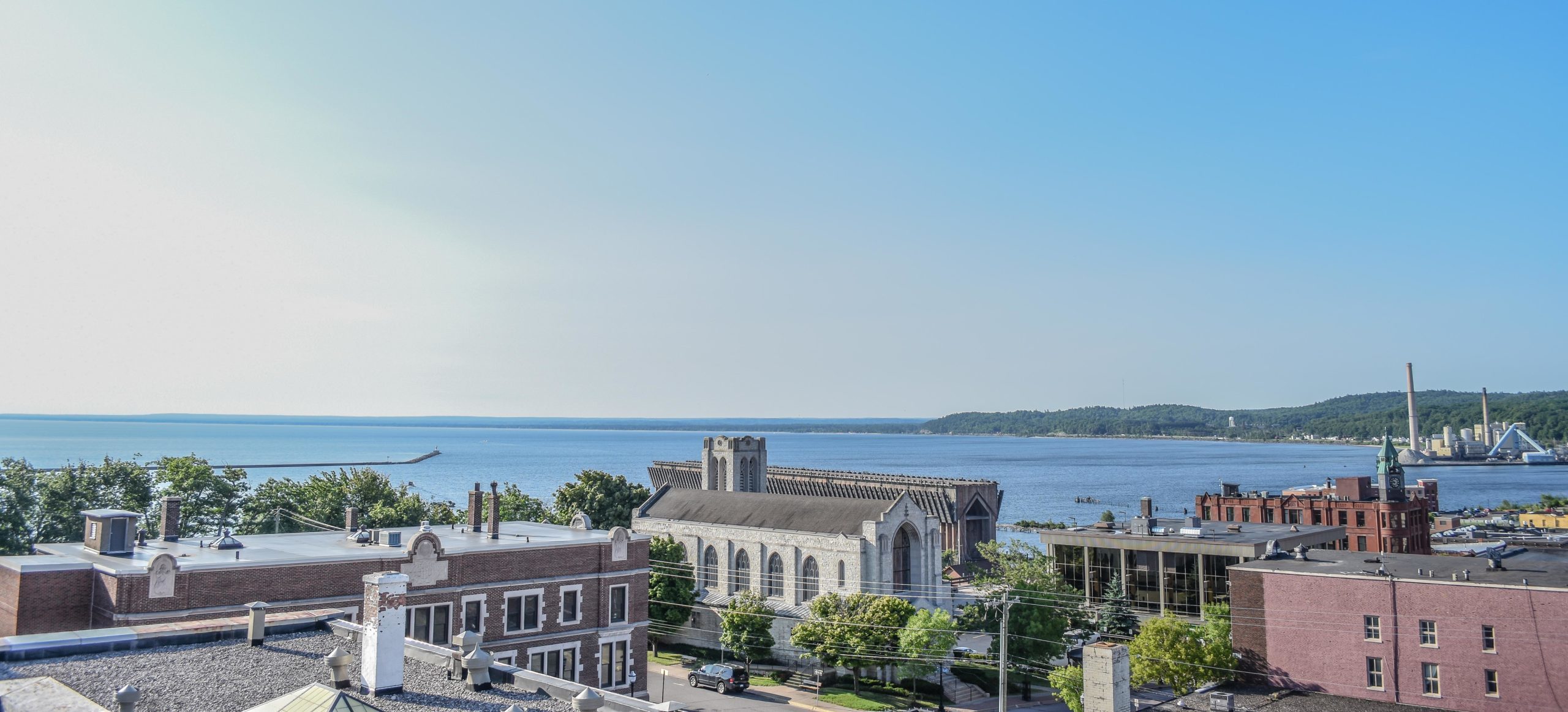Economic Development is a Competitive Sport
Posted by Lake Superior Community Partnership on April 27, 2015
 There has been much debate recently in the state legislature about budget shortfalls resulting from state economic development incentives. Calls to reduce state economic development tools or funding for the Michigan Economic Development Corporation (MEDC) are growing louder.
There has been much debate recently in the state legislature about budget shortfalls resulting from state economic development incentives. Calls to reduce state economic development tools or funding for the Michigan Economic Development Corporation (MEDC) are growing louder.
Michigan’s economy is very strong, with the Upper Peninsula playing a key role in that success. The state’s unemployment rate continues to decline with Marquette County recently seeing the lowest in nearly 15 years. Significant state tax reform has catapulted Michigan from the bottom of the heap in state business climate rankings to 13th. To some, now seems like the perfect time to disarm our state incentive tools and celebrate our success. But complacency in economic development is not an option.
The key point missing in the current discussion is that the state of Michigan and its partner communities are competing every day for both existing and new jobs. Our region’s diverse employment base and incredible advanced manufacturers are the envy of many states and countries also interested in expanding their economy and providing good jobs.
This January, at the Detroit International Auto Show, more than 20 Governor’s walked the show floor trying to convince our incredible Michigan employers to consider their state for their next expansion.
Texas, perhaps the fastest growing state in the nation, has a nearly $300 million Governor’s closing fund to encourage expansion and relocation projects. Local communities in Texas have the ability to dedicate additional sales tax for economic development. In addition to the state’s support, local units of government in Texas can offer extremely aggressive incentive awards. It is no wonder they are always at the top of the list in attraction projects. The competition for growing and expanding companies is intense.
Michigan companies are making business decisions about where to invest and grow every day. When other states utilize dedicated economic development resources to make a more compelling business case, our companies must consider that option. To be competitive, particularly in times of prosperity, we have to work harder and smarter or risk losing future company expansion and job growth.
The vast majority of growth projects we work tirelessly on do not involve incentives. Our work, like most businesses, is about long-term relationships. The Lake Superior Community Partnership (LSCP) works consistently with the staff at the MEDC to make sure those relationships with existing and new employers remain strong. When an opportunity or challenge arises with one of our clients, they turn to us for support early in their planning stages.
In fact, in 2014 we worked with 396 clients on a variety of development projects, with very few receiving state incentive support. When incentive support has been used, like with the Liberty Way and new hospital projects most recently, it isn’t without in depth due diligence to make sure the dollars are supporting a viable project that will benefit all involved. Without these tools, projects may not move forward, may need to change in scope, may go outside the region or move at a slower pace.
The LSCP relies on the support programs, tools and staff from the MEDC. You may not know their team or see their faces at our local events, but they are an invaluable extended member of our team. From a business attraction standpoint, rural communities such as ours depend on the MEDC and its resources to even be in the game.
For our state and the U.P. to compete successfully, we urge our Legislative leaders to look at the big picture when dealing with singular issues. A reduction in the state’s economic development investment will put our state and community at a competitive disadvantage in a very competitive sport.
LSCP CEO, Amy Clickner, writes a bi-weekly column for the Mining Journal.


